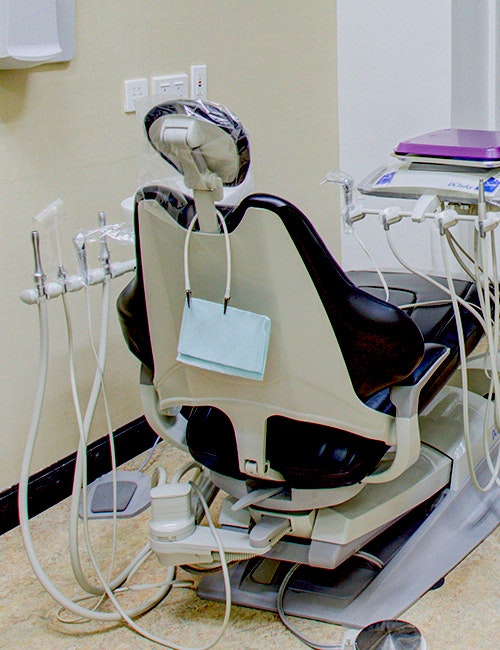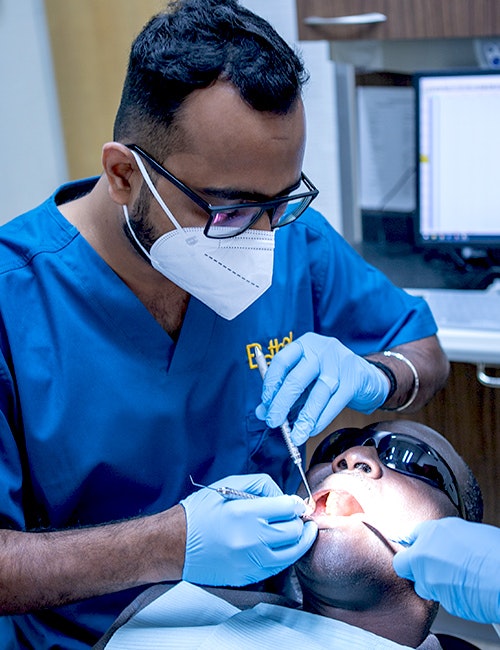Implant-Supported Dentures or Removable Dentures: Which Is Best?

If you are missing most or all of your natural teeth, simple things like eating and speaking can be difficult. Dentures are a great option for patients suffering from significant tooth loss. At Bethel Dental in Accra, Ghana, we offer multiple restorative options to help restore the function, health, and appearance of your smile.
Explore the difference between traditional and implant-supported dentures to learn which may be the right option for you.
Types of Dentures
At Bethel Dental, we offer partial, full, traditional, and implant-supported dentures based on your needs. Partial dentures are a good option for patients missing several teeth. Full dentures are designed to replace an entire arch. If you suffer from complete tooth loss on one or both arches, traditional or implant-supported dentures can replace all of your missing teeth.
- Traditional Dentures —Traditional dentures are removable and rely on denture adhesive to remain in place along your dental arch.
- Implant-Supported Dentures — Dental implants are titanium posts that are inserted into the jaw. These posts act as artificial tooth roots, and your dentures are secured to them. Implant-supported dentures are not removable and offer superior stability.
Benefits of Implant-Supported Dentures
Implants provide a host of benefits and are often called the gold standard for tooth replacement options. Benefits include:
- Jawbone Health — Your jaw relies on tooth roots to provide stimulation to remain healthy. When you lose a tooth, your jaw no longer receives this stimulation, and it can begin to deteriorate. Dental implants provide this stimulation to keep your jaw healthy.
- Stability — Because implant-supported dentures are secured directly to the dental implants, there is no risk of slippage when you eat or speak.
- No Adhesives — There is no need for messy denture adhesive with implant-supported dentures.
- Easy Maintenance — Because implant-supported dentures are not removable, you treat them just as you would natural teeth.
Are There Any Downsides to Dental Implants?
While implant-supported dentures offer a variety of benefits over traditional dentures, there are some things to keep in mind.
- They often are not covered by dental insurance. However, we do not want financial barriers to prevent patients from receiving the care they need. We offer in-house financing options to help make implant-retained dentures more affordable and accessible.
- Patients with existing jawbone atrophy may require bone grafting before dental implant placement.
- Implant placement is a surgical procedure that requires about 3 to 6 months of healing. If you are considering implant-supported dentures, your dentist will review your oral and overall health history to determine if you can safely undergo implant placement. We will also discuss factors such as tobacco use to determine if you are at an increased risk of implant failure. We want to ensure the best possible chance of success and safety.
How Do I Know Which Option Is Best for Me?
During your initial consultation at our Accra dental office, your dentist will examine your mouth and discuss your history. If you have oral health issues such as tooth decay, gum disease, or jawbone atrophy, you may require preparatory procedures for traditional and implant-supported dentures. No matter what you choose, we are here to support you and guide you throughout your smile restoration journey.
To discuss your options and determine which type of denture may be best for you, request a consultation at Bethel Dental today.








